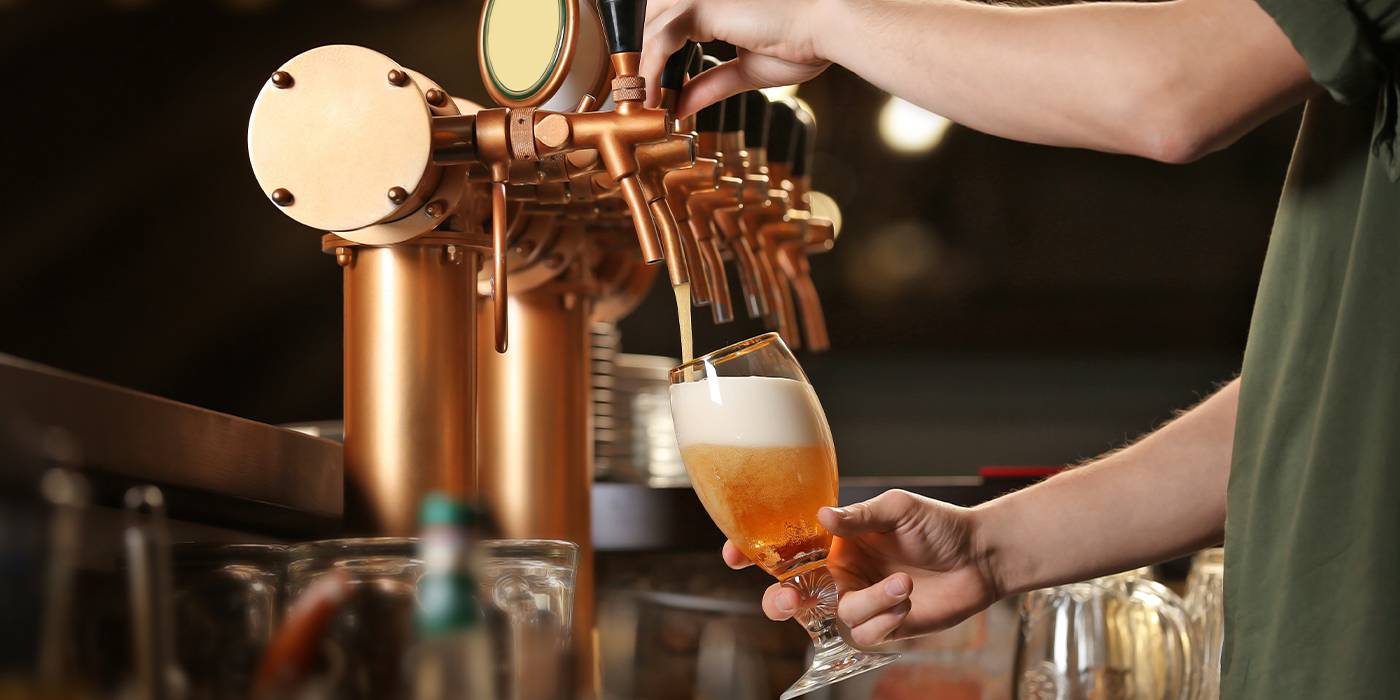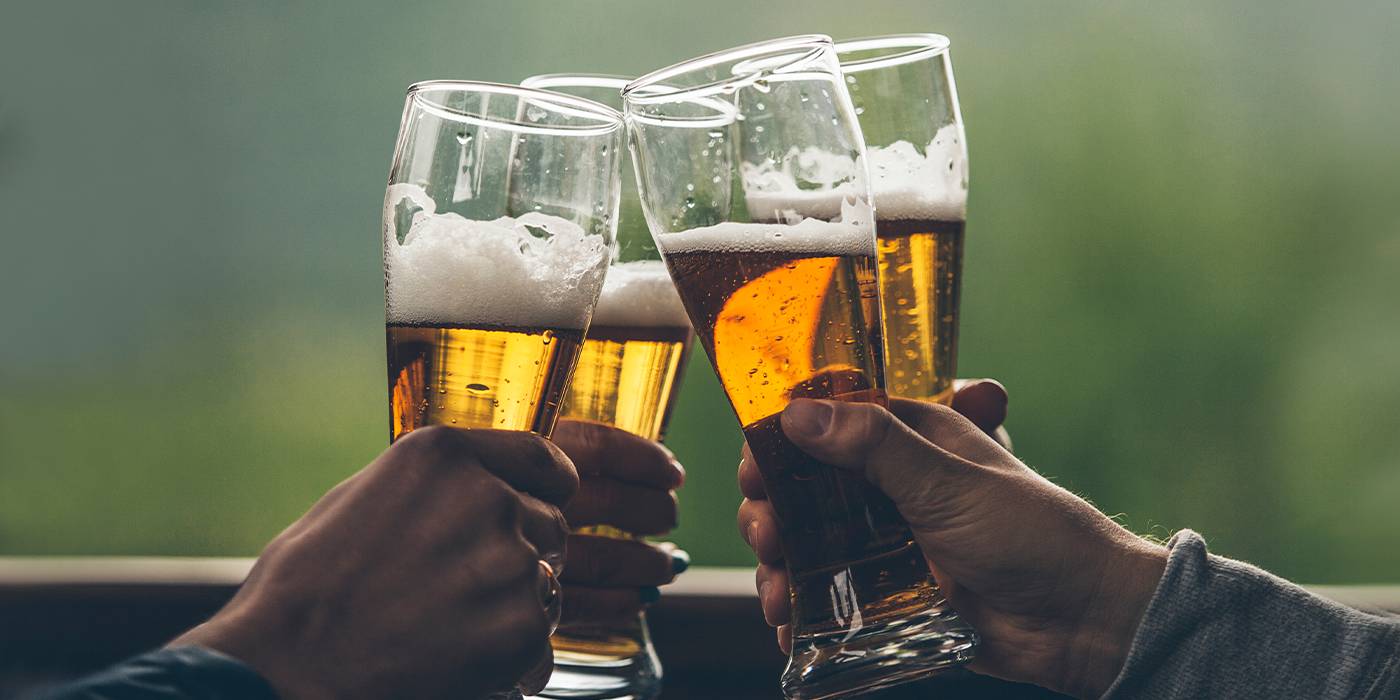Does beer raise cholesterol?
In this article, we answer the question of whether beer really raises cholesterol or not. Don’t miss this useful information.

Julio Cerezo - Beer Sommelier
Director of Sabeer Beer Academy
Taking care of cholesterol levels is an issue that has become increasingly prevalent in our society. Nowadays, most of us are aware of the risks that high cholesterol can pose to our cardiovascular health. However, not all of us put into practice the recommendations of healthcare professionals.
Remember that cholesterol doesn’t depend solely on our diet. Family genetics can also significantly influence these levels, and if that’s the case for us, we should pay even closer attention to managing them more strictly.
A frequent intake of fruit and vegetables, a greater role for legumes in our diet and, above all, avoiding animal fats, are the key guidelines for keeping cholesterol at bay. On the other hand, abusing these fats tends to increase the level of cholesterol in the blood and thus the risk of heart attacks and strokes.
When we talk about our favourite fermented beverage, the following question arises: Does beer raise cholesterol? To answer the question properly, we must begin by pointing out that there are 3 different types of cholesterol:
- LDL-Cholesterol, also known as ‘bad cholesterol’. If your level is elevated, it tends to accumulate inside the arteries, potentially leading to blockages and, consequently, heart attacks or strokes.
- HDL-cholesterol or ‘good cholesterol’, which plays a counteracting role to LDL cholesterol by helping to protect against cardiovascular diseases.
- VLDL-cholesterol, which is also detrimental to our health but to a much lesser extent than VLDL-cholesterol.

Several clinical studies suggest that beer intake can increase levels of HDL, i.e. the ‘good cholesterol’ that protects our arteries. At first, this might seem like excellent news for beer drinkers. However, to avoid deluding ourselves, we must remember that, since beer contains alcohol, excessive consumption still poses risks to our cardiovascular and liver health.
The higher or lower alcohol content of the beer we drink will be decisive for the balance of pros and cons of drinking beer in relation to cholesterol. Thus, 0.0 and alcohol-free beers are preferable to the classic golden lagers commonly found at our bars, which hover around 5% alcohol, and these are preferable to the more intense lagers or Belgian abbey-style beers, which are around 7%.
In short: beer doesn’t raise ‘bad’ cholesterol, but neither should it be considered a treatment against it. A pattern of responsible and moderate beer consumption, combined with a balanced diet and physical activity suited to our personal conditions, is generally compatible with maintaining cardiovascular health.

What do you think about?
Share comments, opinions and tricks with the Community






